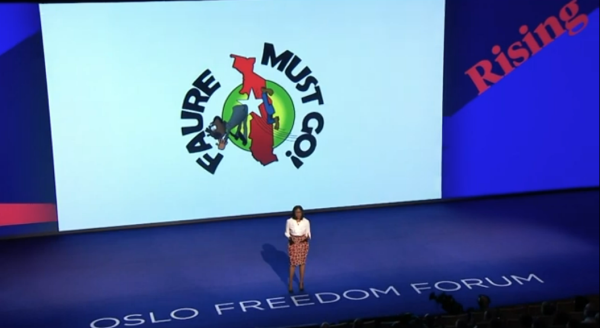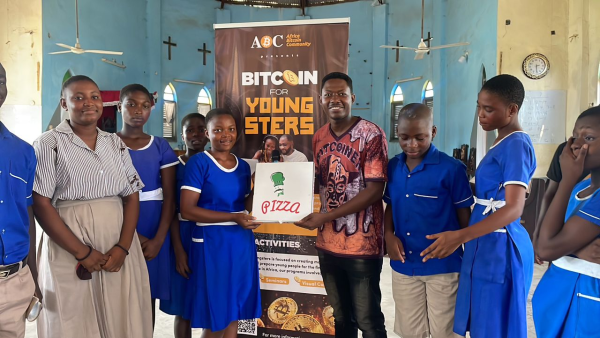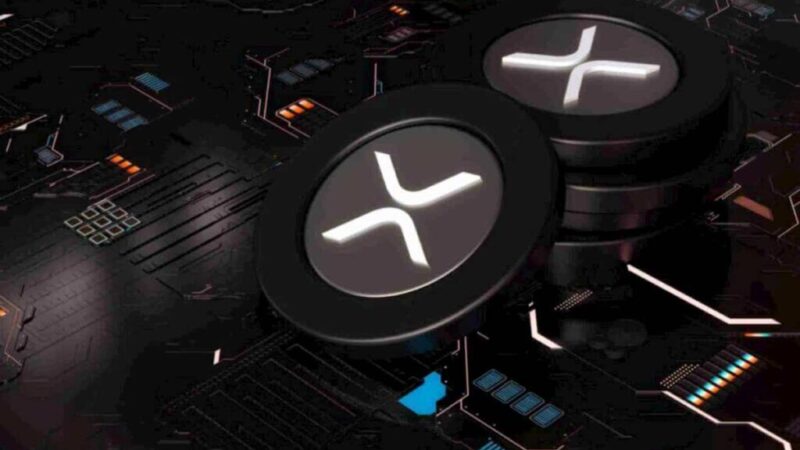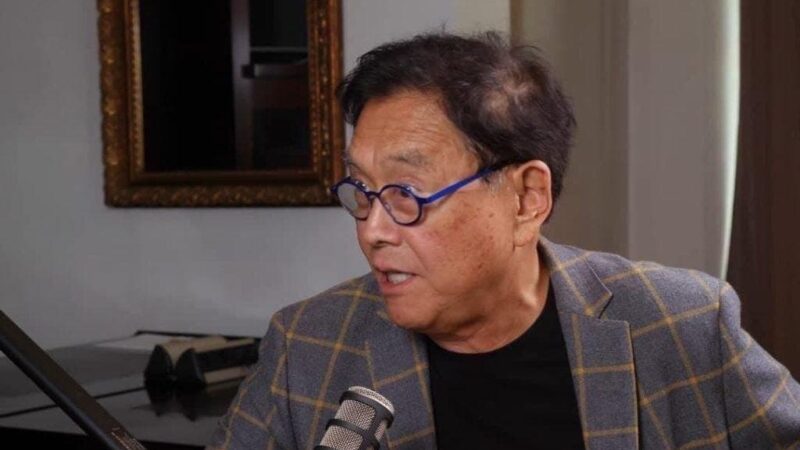Why Bitcoin is key for resistance movements in Togo
This is a segment from the Supply Shock newsletter. To read full editions, subscribe.
Who is Bitcoin for?
That depends on who you ask. A BlackRock analyst would say that Bitcoin is a key portfolio differentiator. The volatility is the use case, best utilized by those who want to capitalize on it.
Someone living in countries suffering from rampant inflation would share a different view. Bitcoin would be a potential route toward capital preservation, shielding them from sudden currency devaluation due to central bank policy, and so on.
For activists living under totalitarian regimes, like Farida Nabourema, the robust decentralization and pseudonymity of Bitcoin make it additionally suited to fight back against hostile states.
Bitcoin Legends — Farida Nabourema
Farida Nabourema was born in 1990 and grew up in Togo, a former French colony that gained independence in 1960.
From early childhood, Farida learned to exist and thrive in the face of authoritarians. Togo’s then-president, Gnassingbé Eyadéma, was a military leader who’d taken power in a violent 1967 coup.
Eyadéma was known for human rights abuses, economic mismanagement and cult-of-personality stunts, including reports of entourages of 1,000 dancing women singing his praises.
“Every day…people had to queue from the military camp, where he lived, to the presidential palace to clap for him in the morning, the afternoon, and the evening,” Nabourema said in 2018.
Standing up to power is in Nabourema’s blood. In 2003, Togo authorities arrested and held her father, Bemba, for three days after he participated in a meeting that opposed Eyadéma’s rule. He’d also been arrested in 1977 and severely tortured in 1985 over his political dissent.
After Eyadéma’s son, Faure, had assumed leadership in a closely-contested election following his father’s death, Farida protested at just 15 years old. She joined the Union of Force for Change (UFC), the same political party of her own father.
Farida fought even after moving to the US to study in 2008, where she founded a movement called “Faure Must Go” and kept up the grassroots pressure.
 Farida presented the movement at the Oslo Freedom Forum in 2018.
Farida presented the movement at the Oslo Freedom Forum in 2018.
The need for Bitcoin quickly became apparent once Farida caught the attention of the corrupt government. “In 2014, I published the personal contact numbers for all members of Togo’s Parliament. I asked my compatriots to call the members and ask why they had voted against a bill to reinstate presidential term limits. I called the majority leader, who insulted me, then abruptly hung up the phone,” Farida was quoted as saying to CNN.
“I shared a recording of that call on social media and it soon went viral. A few days later, Parliament held a session in which they complained about not being able to sleep because they were harassed by hundreds of phone calls.”
Farida struggled with personal attacks and smear campaigns, but her following only grew. However, she now faced exile. Her family was threatened after attempting a return to Togo in 2016, leading Farida to instead base herself in nearby countries. By 2018, she was moving between them every few weeks.
The situation was just as sensitive for other local dissidents. Still, resistance movements need funding. Farida told Bitcoin Magazine: “When the government started arresting people for donating money to the movement…we needed a safe way to send and receive funds for resistance activities.”
Loading Tweet..
Farida elaborated in a recent Human Rights Foundation interview: “Sending money became difficult because we had to do it without exposing those who were back home. Linking them to us is going to be costly for their lives.
“Without money, without financial resources, it’s difficult to fight any oppressive system in place. And the regime in Togo has managed to maintain itself in power by doing something very simple: suffocating the movement and the opposition.”
Bitcoin is built for many purposes, and this is clearly one of them. As of last year, Farida was “very frequently” sending bitcoin to Togo without any paper trail. The recipient doesn’t need to go to a bank or public institution to withdraw the funds — a huge plus.
Parallel to these efforts, Farida has organized the Africa Bitcoin Conference (ABC) for three years running in both Ghana and Nairobi, attracting the likes of Lightning Labs CEO Elizabeth Stark and Block founder Jack Dorsey.
Farida’s conference even operates a “Bitcoin For Youngsters” program that has trained over 3,000 students in all things Bitcoin, and helped Ghanaian high school students celebrate Bitcoin Pizza Day, complete with pizza.
 Image source
Image source
A fourth ABC conference in Mauritius is set for December this year, despite a series of setbacks that led to financial losses and burnout.



